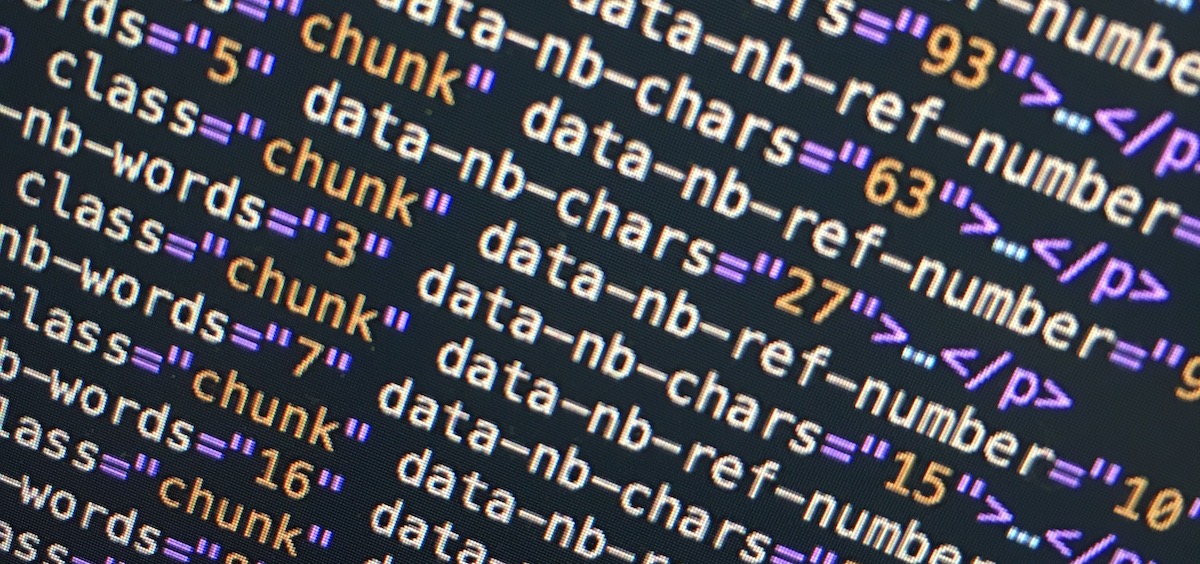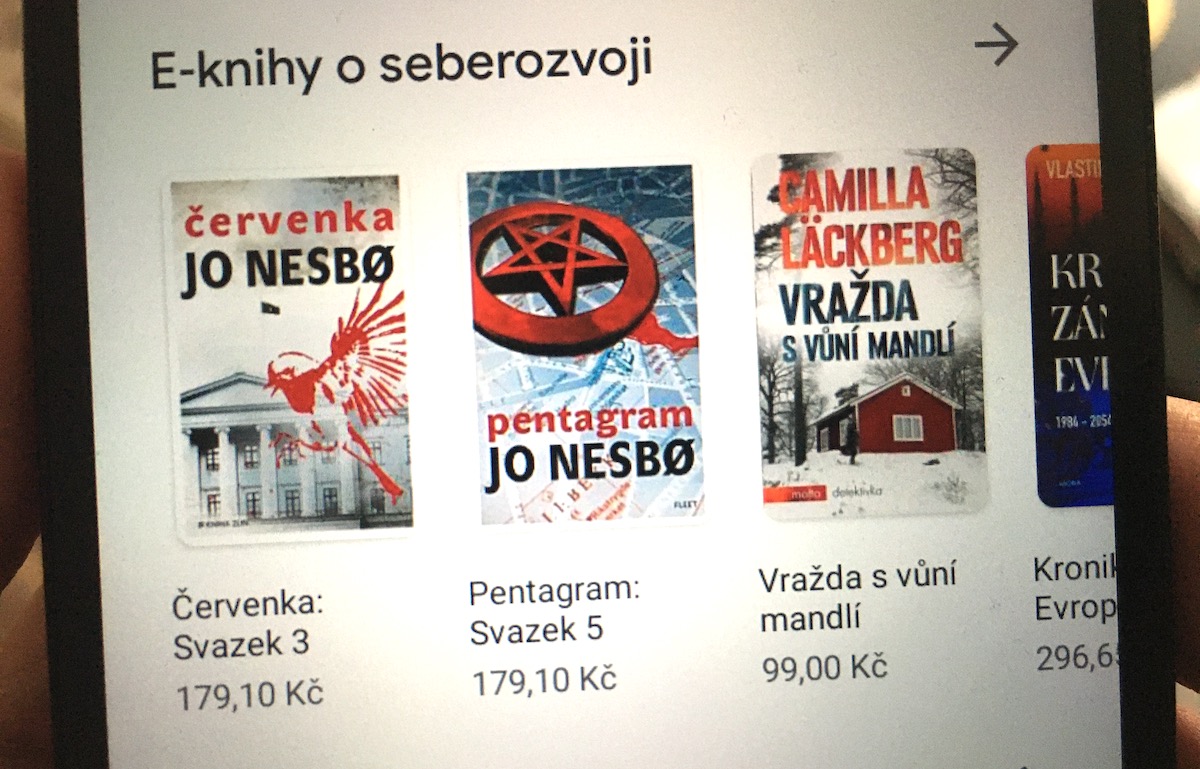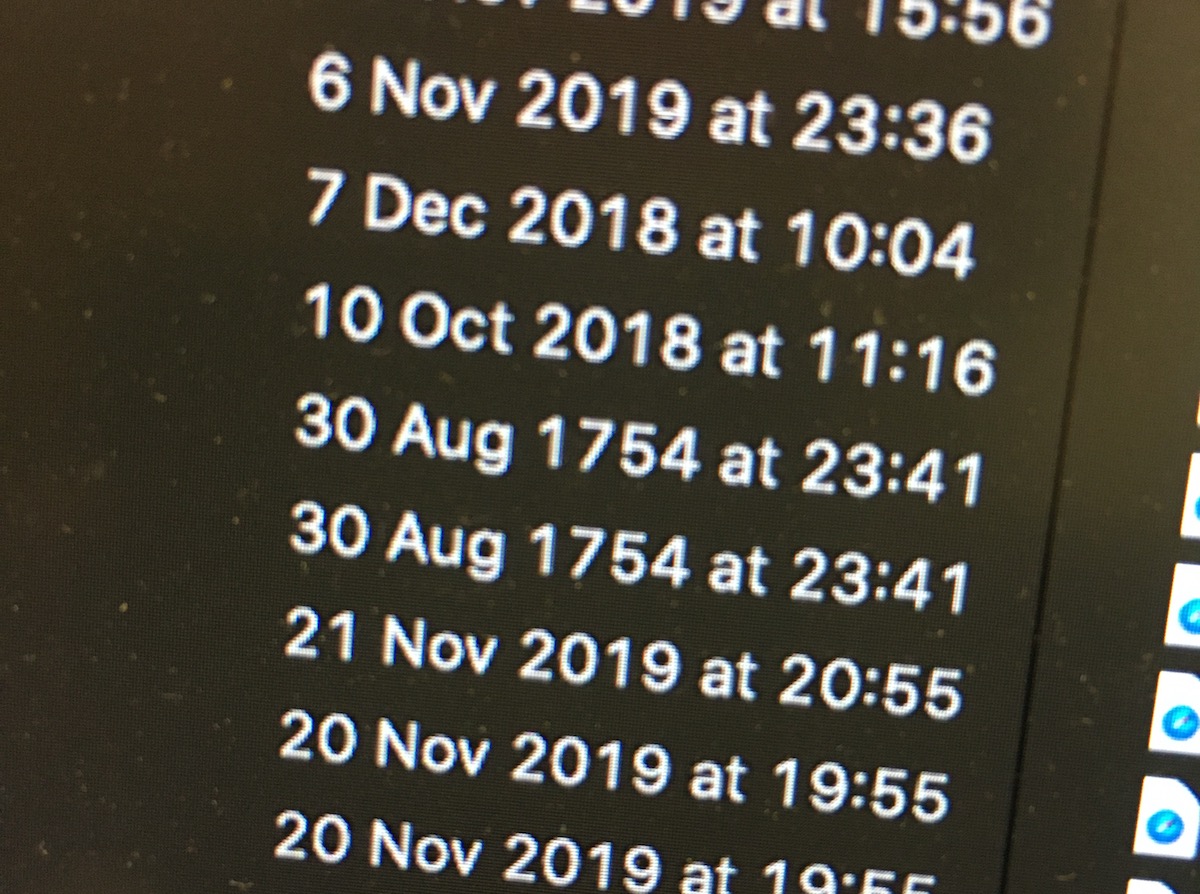Hello!
It’s Saturday morning and I’m finally touching up the details of the fourth newsletter. This one is really The One With The Book :-)
We spent the past few weeks analyzing our goals, possible strategies and partnerships… and now we are testing some books. I’ve been drafting and developing some core parts of the core functionality — most importantly the bookmarks and annotations (based on research from our partners at Masaryk University). Some of it may be a part of next-book pretty soon.
Meanwhile… here are three exciting bits from the past two weeks! One of these is a next-book — and we’ll be grateful for any feedback.
Have a nice day! — Jan

One of the important concepts behind next-book is content mapping. The text is chunked into “ideas” (in most books, these would be sentences) and “chunks” (paragraphs and similar blocks of thext) that are addressable. The URL in address bar always points to the first “idea” on screen.
1. Golden age of reading
I mentioned a conference session on Distracted reading last time, and the interview with Leah Price named The myth of the golden age of reading is a nice follow-up.
“When we blame the absence of printed books for the distraction and the impatience and superficiality of the digital world, it’s unfair. We’re comparing an ideal scenario of print reading with a more realistic assessment of digital reading.”
Aside from putting some much needed historical context around e-reading discussion, Price mentions that storytelling was impacted much less than expected by hypertext. Perhaps it’s because the e-reading platforms enforce a very strict form that replicates the paper experience? (Meanwhile, narrative games have been blossoming aside in app stores.)
Leah Price is the author of a recently published book about books named What We Talk About When We Talk About Books and I can’t wait to read it.

When testing Google Play’s e-book marketplace and e-reader, I did not expect to find Jo Nesbø’s crime novels listed under “Self Help” category.
2. Standard Ebooks
I mention Standard Ebooks a lot in my articles as they do a wonderful job re-making the classics for digital devices.
“Standard Ebooks is a volunteer driven, not-for-profit project that produces new editions of public domain ebooks that are lovingly formatted, open source, and free. (…) Standard Ebooks takes ebooks from sources like Project Gutenberg, formats and typesets them using a carefully designed and professional-grade style manual, fully proofreads and corrects them, and then builds them to create a new edition that takes advantage of state-of-the-art ereader and browser technology.”
You can join the project not only by doing the tech stuff — you may report errors, proofread or scan some painting for book covers. Check out their Get Involved page. They do a great job describing all the relevant work so that the community is effective in their efforts.

Standard Ebooks homepage.
3. The Book
I mentioned Standard Ebooks above and it’s no coincidence. I used their edition of Thoreau’s Walden to create a Walden next-book — as they’re possibly the best source of well-formated HTML books on the web.
I hope that it will be possible to easily plug next-books into their publishing process soon. (It cannot be done automatically now, as next-book requires the mapping information, but perhaps this will be possible with some light natural language processing.)
But back to the book! Some things you should know:
- It’s still a prototype. Don’t expect perfection. But it should be modestly pleasant already.
- It’s possible to read without scrolling (research shows that scrolling might harm reader comprehension). Just touch/click the left and right edge of the screen. It works even when moving to the next (or previous) chapter. We‘re experimenting with the whole interaction, so feedback on this is especially welcome.
- There might be bugs and problems. But most modern browsers on any device should be okay. Below are some screenshots (on mobile) — if the book looks radically different than pictured, something went wrong.
- There’s no configuration. You cannot change font-size or background, or turn off the “pagination”. This will change in few weeks. We’ll be updating the book as the platform evolves, hopefully without introducing new bugs.
- There’s no annotation or bookmark support. But there’s a functionality that brings you back where you stopped reading continuously.
- The book should be available offline. Try it in airplane mode to get focused.
And most importantly: We welcome any feedback. Please, let us know what you think at contact@next-book.info.
And finally! Here’s the book: Walden. Enjoy the walk.
See you in two weeks!
Thanks for reading!

Next-book is standing on the shoulders of giants — in sometimes unexpected ways. Above are some files extracted right from Benjamin Franklin’s laptop.